Pfiffner also said that the judges failed to adequately explain why a civil society group (the KlimaSeniorinnen) was suddenly entitled to sue, and which human rights were specifically violated. Furthermore, the judges failed to convincingly demonstrate how Swiss climate policy had impaired the group’s right to privacy and family life under Article 8 of the ECHR.
The court took a relatively straightforward line as to whether there is a causal link between gaps in Swiss regulations and the higher temperatures and heatwaves referred to in the case. It said that a state is liable if its relevant authorities would have had a realistic chance of changing the outcome or mitigating adverse effects by taking reasonable measures. But even if Switzerland had cut greenhouse emissions to zero, this would not have curbed the global rise in temperatures – because the amount that Switzerland contributes to global carbon emissions is a relative drop in the ocean.
Critics fear the ruling will lead to human rights being trivialised and politicised. Applying legally binding human rights protections to controversial issues such as climate change also means using these protections as a political tool, they say. Others think differently. According to Markus Schefer, an expert in constitutional law at the University of Basel, the ruling is a “logical continuation” of existing provisions. Schefer told the “NZZ am Sonntag” that applying a broad wording in relation to fundamental rights had future-proofed the ECHR, and that courts have an important duty to take new threats and risks into account.
However, the ruling could also undermine climate action. There is a danger that some voters could reject future climate initiatives not because of the issues at stake, but because they want to send a message to Strasbourg rejecting the influence of ‘foreign judges’. And an altogether different side-effect: the verdict is likely to further dampen the already tricky prospects of Berne striking an institutional agreement with the EU.
Indeed, the ruling has caused a stir in Berne, with the legal affairs committees of both chambers of parliament, no less, urging the Federal Council not to implement the judgment – a remarkable thing for elected politicians to do in a country that follows the rule of law.
Looking ahead, there is a likelihood that other environmental organisations around Europe will be buoyed by the Strasbourg ruling and take their own climate cases to the ECtHR. For example, environmental group Deutsche Umwelthilfe now believes that its case against the German government, which it took to the ECtHR in 2022, has a realistic chance of success.
For further background information, read our piece on Rosmarie Wydler-Wälti at www.revue.link/climate
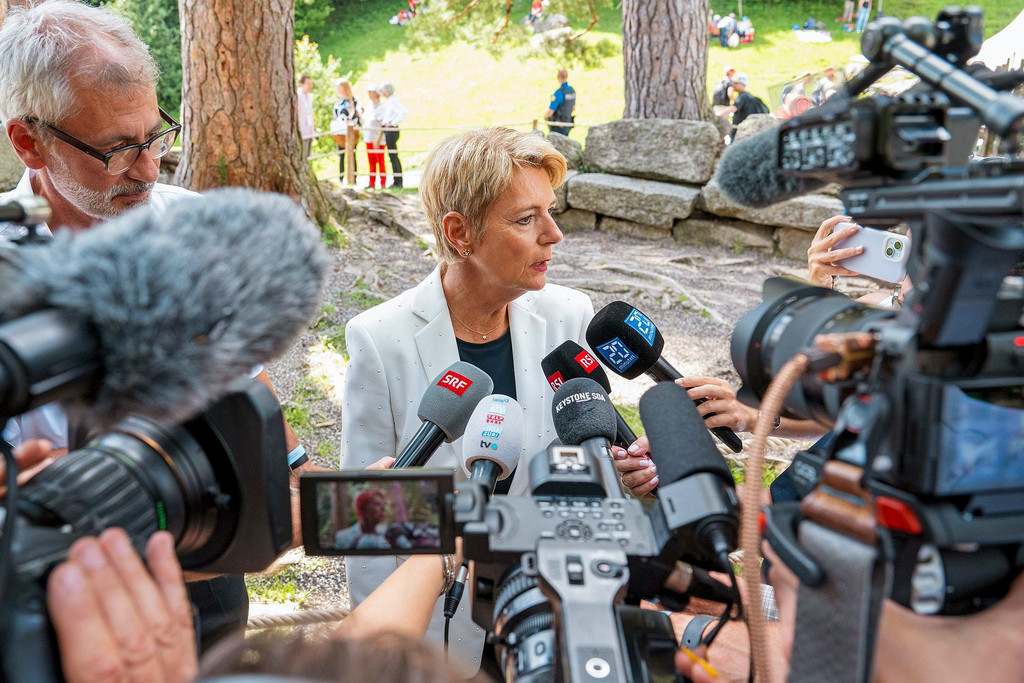

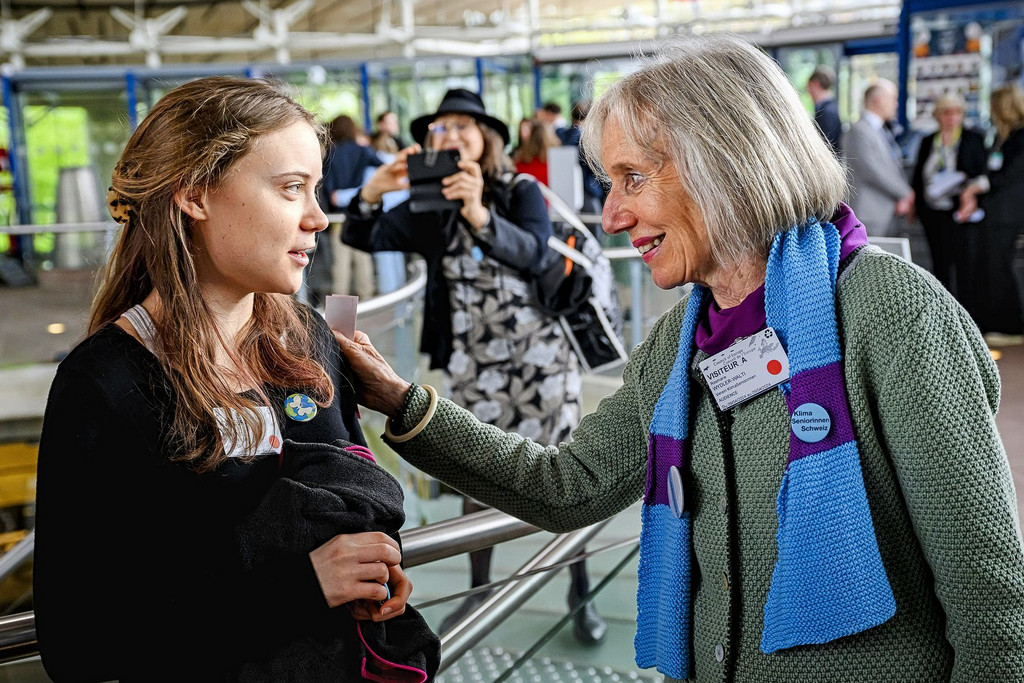



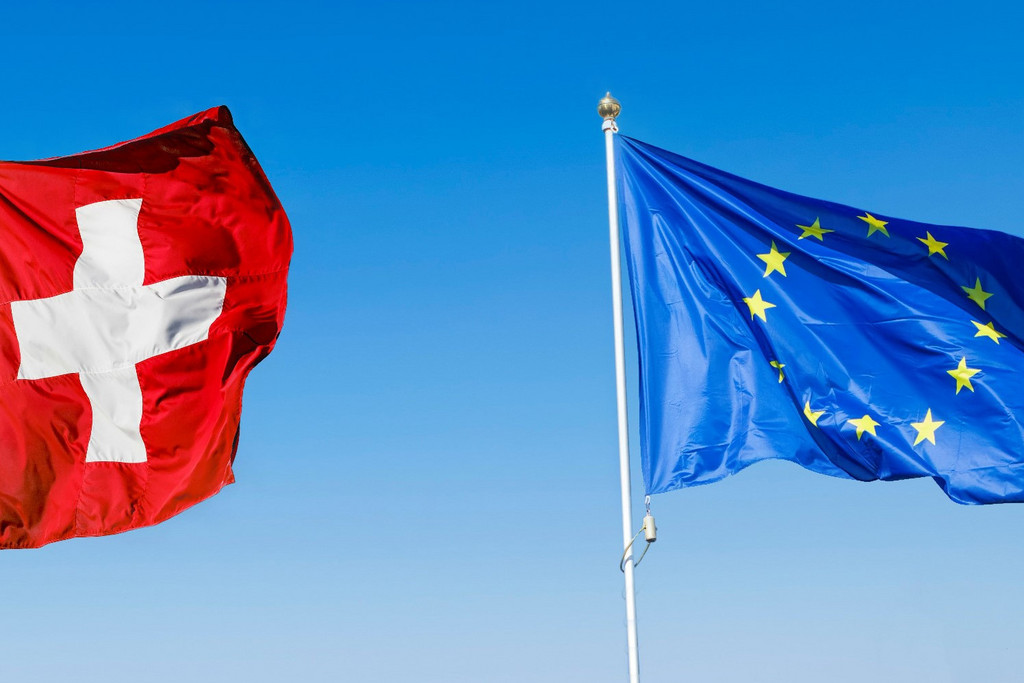
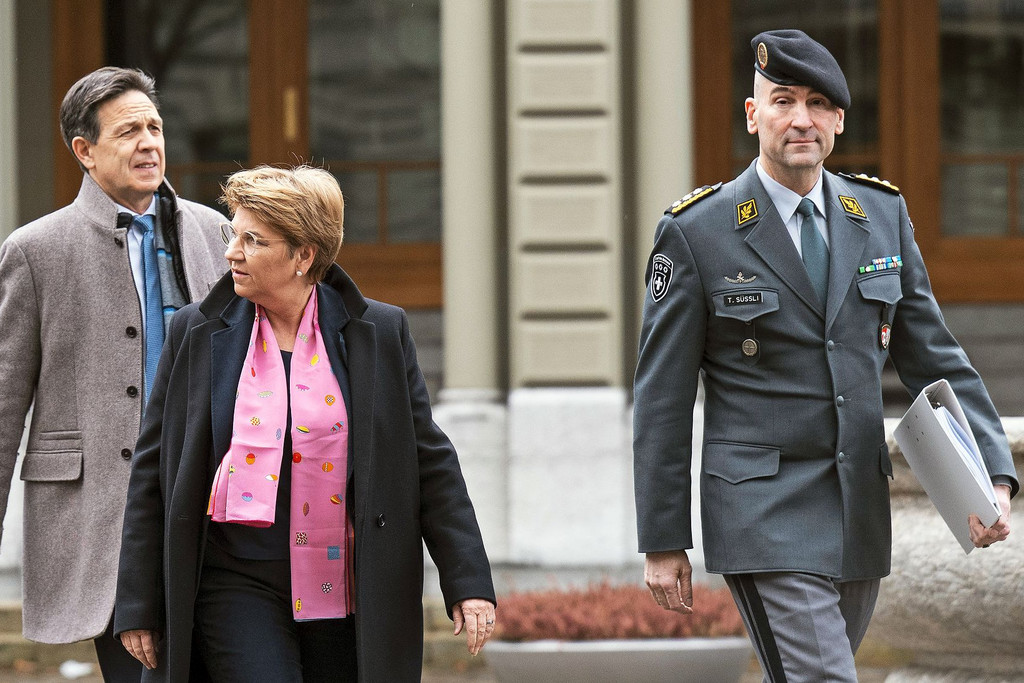



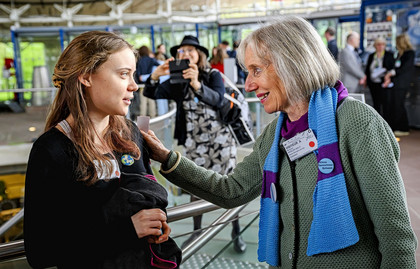

Comments
Comments :
J'apprécie beaucoup la Revue Suisse mais j'ai été choqué par le parti-pris de l'article rapportant le jugement de la Cour européenne des droits de l'homme en faveur des Aînées pour le climat. Cet article est à charge et ne prend pas la peine de rappeler l'ampleur de l'enjeu: toutes les régions du monde sont menacées par le dérèglement climatique en cours et la situation s'aggrave année après année. La Suisse contribue plus que la plupart des autres pays avec une empreinte carbone moyenne d'un habitant de la Suisse qui dépasse les 10 t/an alors que la neutralité carbone à laquelle il faut arriver au plus vite est à 2 t/an environ.
Les arguments avancés pour critiquer le jugement sont inacceptables: dire, par exemple, que même si la Suisse avait réduit à zéro ses émissions de GES, cela n'aurait pas freiné la hausse des températures est un argument éculé régulièrement utilisé par ceux qui veulent freiner toute action climatique. C'est comme si une personne condamnée pour ne pas avoir payé ses impôts relativisait en disant que cela ne changerait pas le budget du pays. Tous les pays doivent contribuer à l'effort et ceux qui ont l'empreinte la plus élevée par habitant, plus que les autres. La Suisse ne fait pas un effort suffisant, malgré ses engagements internationaux (accords de Paris) et les conséquences pour sa population. Il est donc normal qu'elle soit condamnée et la réaction de la classe politique montre qu'elle n'est pas à la hauteur des enjeux.
Diese Seniorinnen sollten sich mal in Asien rumschauen. Da wäre viel zu tun für den Klimaschutz. Aber es interessiert keinen, weil man kein Geld damit macht. In der Schweiz wird genug fürs Klima gemacht. Hinter diesen Damen wird eine ganz andere Gruppe stecken.
Im Krieg ist die Lüge eine Waffe. Aber der WW2 ist schon längst vorüber. Warum glauben wir immer noch den Lügen unserer Feinde? Warum werden wir, die wir uns für die Wahrheit einsetzen noch immer verfolgt, verurteilt und bestraft? Die Antwort ist, weil der Feind keine Pressefreiheit will, das gilt auch für uns.